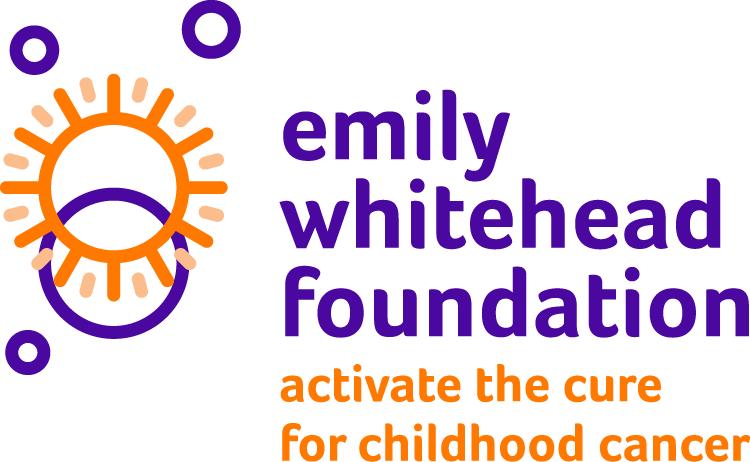A Feasibility and Safety Study of Dual Specificity CD19 and CD22 CAR-T Cell Immunotherapy for CD19+CD22+ Leukemia and Lymphoma (PLAT-05)
Leukemia Lymphoma
0-9 years 10-17 years 18-26 years
1
 Biological
Biological
Patient-derived CD19 and CD22 specific CAR
Condition: Leukemia, Lymphoma
Patients with relapsed or refractory leukemia often develop resistance to chemotherapy and some patients who relapse following CD19 directed therapy relapse with CD19 negative leukemia. For this reason, the investigators are attempting to use T-cells obtained directly from the patient, which can be genetically modified to express two chimeric antigen receptors (CARs). One is to recognize CD19 and the other is to recognize CD22, both of which are proteins expressed on the surface of the leukemic cell in patients with CD19+CD22+ leukemia. The CAR enables the T-cell to recognize and kill the leukemic cell through recognition of CD19 and CD22. This is a phase 1 study designed to determine the safety of the CAR+ T-cells and the feasibility of making enough to treat patients with CD19+CD22+ leukemia.
Seattle Children's Hospital, Seattle, WA
